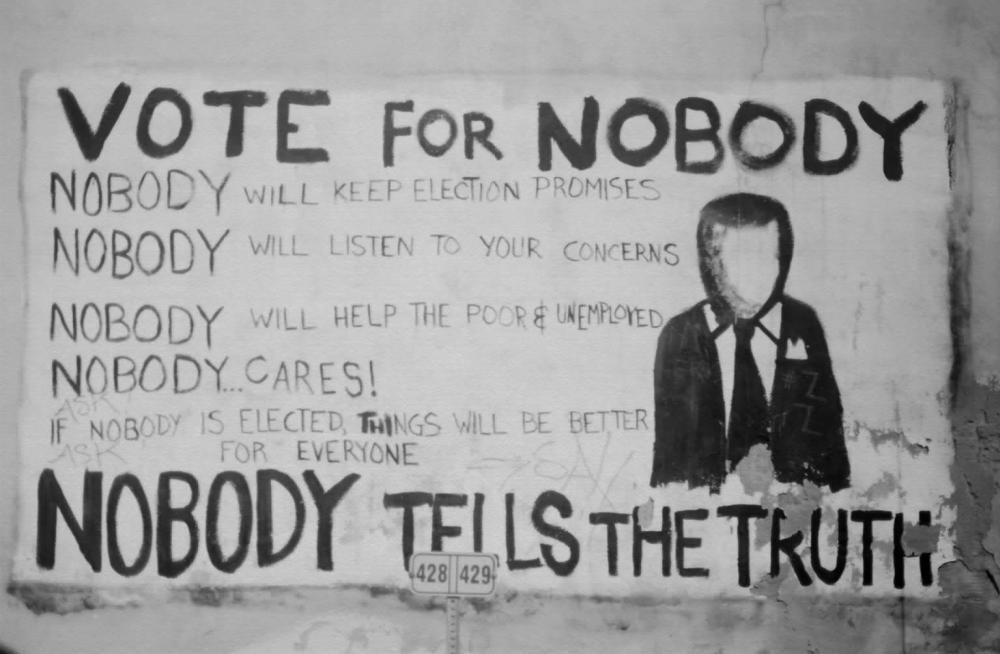Ice CubesIce cubes recipe
By CHRISSYG on April 14, 2010
Prep Time: 2 mins
Total Time: 2 hrs 2 mins
Yield: 2 trays
About This Recipe:
"I am publishing this recipe, because I am sure that there are other families who have members who don't know how or have forgotten how to make ice when the ice tray is empty."
Ingredients:
2 cups water ( approximately)
2 tablespoons water ( addtional if needed)
Directions:
Empty the ice cubes that are left in the trays (if there are any left) into the bin.
Take the trays over to the sink and fill them with cold water.
Place the water filled ice trays back in the freezer.
Replace the ice bin if you had to remove it.
Shut the door to the freezer.
Friday, August 31, 2012
Ice cubes recipe
Thursday, August 30, 2012
Wednesday, August 29, 2012
Tuesday, August 28, 2012
Vowels
On July 4, 1960, the Eugene (Ore.) Register-Guard rang in Independence Day with a dire Associated Press report by one Norma Gauhn headlined “American Dialects Disappearing.” The problem, according to “speech experts,” was the homogenizing effect of “mass communications, compulsory education, [and] the mobility of restless Americans.” These conformist pressures have only intensified in the half-century since the AP warned “that within four generations virtually all regional U.S. speech differences will be gone.” And so as we enter the predicted twilight of regional American English, it’s no surprise that publications as venerable as the Economist now confirm what our collective intuition tells us: “Television and the Internet are definitely doing something to our regional accents: A Boston accent that would have seemed weak in the John F. Kennedy years now sounds thick by comparison.”Northern Cities Vowel Shift
Before you start weeping into your chowdah, though, I have some news: All these people are wrong. Not about the Boston accent, necessarily; that one might really be receding. But American linguistic diversity as a whole isn’t dying—it’s thriving. Despite our gut-level hunch about the direction of the language; despite the fact that 70-cent, three-minute, off-peak, coast-to-coast long-distance calls that cost four inflation-adjusted dollars in 1970 are now free; despite cheap travel, YouTube, and the globalization of film and television, American dialects are actually diverging.
Monday, August 27, 2012
Friday, August 24, 2012
Thursday, August 23, 2012
Tuesday, August 21, 2012
Hearing voices
Hans used to be overwhelmed by the voices. He heard them for hours, yelling at him, cursing him, telling him he should be dragged off into the forest and tortured and left to die. The most difficult things to grasp about the voices people with psychotic illness hear are how loud and insistent they are, and how hard it is to function in a world where no one else can hear them. It’s not like wearing an iPod. It’s like being surrounded by a gang of bullies. You feel horrible, crazy, because the voices are real to no one else, yet also strangely special, and they wrap you like a cocoon. Hans found it impossible to concentrate on everyday things. He sat in his room and hid. But then the voices went away for good.Living with Voices
Monday, August 20, 2012
Friday, August 17, 2012
Wednesday, August 15, 2012
Strongest Man
Fort Lupton is a city of eight thousand on the dry plains north of Denver. In a bigger place, Shaw might have been corralled into peewee football at eight or nine, and found his way among other oversized boys. But the local teams were lousy and, aside from a few Punt, Pass & Kick contests—which he won with discouraging ease—Shaw stuck to basketball. By seventh grade, he was six feet tall and weighed more than two hundred pounds. When he went in for a dunk on his hoop at home, he snapped off the pole, leaving a jagged stump in the driveway. By his late teens, his bulk had become a menace. One player knocked himself out running into Shaw’s chest; another met with his elbow coming down with a rebound, and was carried off with a broken nose and shattered facial bones. “It was bad,” Shaw told me. “One guy, we dove for a ball together, and I literally broke his back. It wasn’t that I was a dirty player. I wasn’t even trying to do it hard.”The Strongest Man in the World
Like other very large men, Shaw has a surprisingly sweet nature. His voice is higher and smaller than you’d expect, and he tends to inflect it with question marks. His face has the bulbous charm of a potato carving. “He’s almost overly friendly,” Terry Todd, a former champion weight lifter and an instructor at the University of Texas, told me. “It’s like he thinks that if he’s not you’ll be frightened of him and run away.” At six feet eight and four hundred and thirty pounds, Shaw has such a massive build that most men don’t bother trying to measure up. His torso is three feet wide at the shoulders; his biceps are nearly two feet around. His neck is thicker than other men’s thighs. “I know I’m big,” he told me. “I’ve been big my whole life. I’ve never had to prove how tough I am.”
Tuesday, August 14, 2012
had 'em stealin' out their cribs cause my crack tastes like ribs
Video description:
YOUTUBE I DO NOT OWN ANY OF THESE RIGHTS SO DO NOT FUCK WIT ME
Monday, August 13, 2012
Friday, August 10, 2012
Thursday, August 09, 2012
Political comedy
But their sanctification is not evidence of a world gone mad so much as an audience gone to lard morally, ignorant of the comic impulse’s more radical virtues. Over the past decade, political humor has proliferated not as a daring form of social commentary, but a reliable profit source. Our high-tech jesters serve as smirking adjuncts to the dysfunctional institutions of modern media and politics, from which all their routines derive. Their net effect is almost entirely therapeutic: they congratulate viewers for their fine habits of thought and feeling while remaining careful never to question the corrupt precepts of the status quo too vigorously.The Joke's on You
Our lazy embrace of Stewart and Colbert is a testament to our own impoverished comic standards. We have come to accept coy mockery as genuine subversion and snarky mimesis as originality. It would be more accurate to describe our golden age of political comedy as the peak output of a lucrative corporate plantation whose chief export is a cheap and powerful opiate for progressive angst and rage.
Monday, August 06, 2012
Psychopathic politicians
Psychopathy is a psychological condition based on well-established diagnostic criteria, which include lack of remorse and empathy, a sense of grandiosity, superficial charm, conning and manipulative behavior, and refusal to take responsibility for one's actions, among others. Psychopaths are not all the same; particular aspects may predominate in different people. And, although some psychopaths are violent men (and women) with long criminal histories, not all are. It's important to understand that psychopathic behavior and affect exist on a continuum; there are those who fall into the grey area between "normal" people and true psychopaths.The Startling Accuracy of Referring to Politicians as 'Psychopaths'
The question, then, is whether it is reasonable to believe that people with serious abnormalities in the way they interact with the world can be found running for (and winning) office. However unsettling as this may be, the answer seems to be yes. It's possible for psychopaths to be found anywhere -- including city hall or Washington, D.C. Remember, psychopaths are not delusional or psychotic; in fact, two of the hallmarks of psychopathy are a calculating mind and a seemingly easy charm.
Friday, August 03, 2012
Wednesday, August 01, 2012
Subscribe to:
Comments (Atom)






